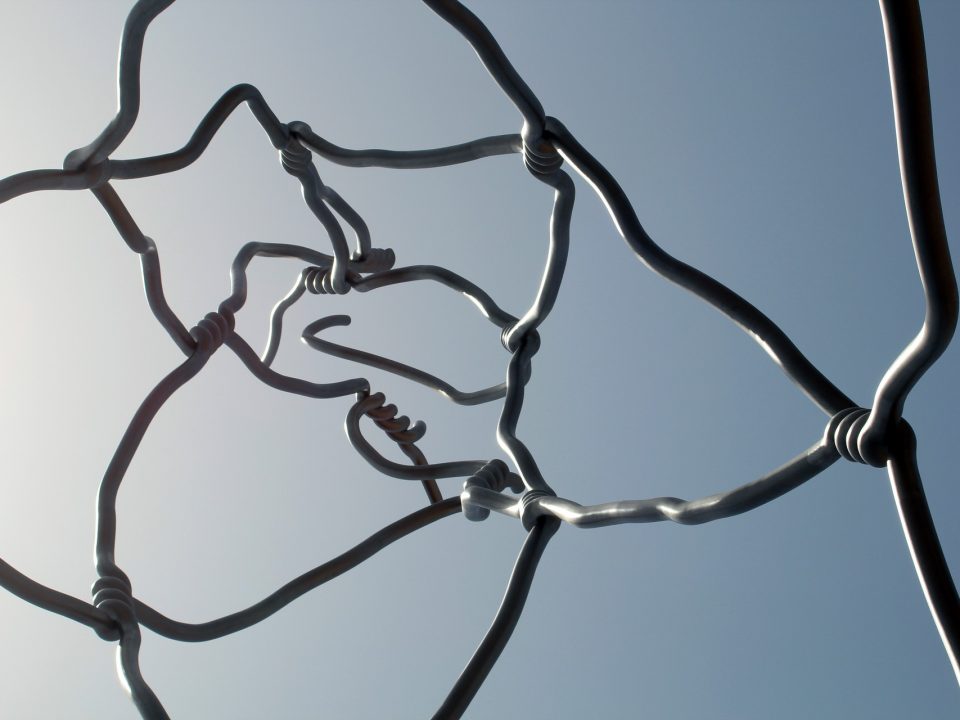Philadelphia Zoo’s Polar Bear, Oldest in America, Dies

A much-beloved polar bear by the name of Coldilocks had to be put to sleep due to health-related concerns. A resident of the Philadelphia Zoo, Coldilocks’ passing made national news because she was the oldest polar bear in the whole United States. She was euthanized on Monday due to a serious decline in her health as a result of her advanced age, said a representative of the zoo.

Coldilocks, a resident of the Philadelphia Zoo, will be greatly missed.
“We are truly saddened this week – Coldilocks will be greatly missed.” Dr. Andy Baker, Chief Operating Officer for the Philadelphia Zoo, said in eulogy. “Her long and healthy life is a testimony to nutrition and veterinary attention she received, and to the generations of keepers who cared for and about her over her lifetime. For more than three decades, Coldilocks brought attention to the issues facing polar bears in the wild including climate change and its growing negative impact on arctic ice. The Zoo works to share ways in which we all can make small changes in our daily lives to reduce energy use, contributing to efforts to slow climate change.”
Coldilocks passed away at 37 years old, an age that greatly surpassed the average polar bear life expectancy of 23 years. The bear came into the world December 13th, 1980 at Seneca Park Zoo in Rochester, New York. She was moved to the Philadelphia Zoo less than a year later. The Zoo works in tandem with Polar Bears International (PBI), a nonprofit outlet focused on conservation of polar bears’ habitats in the wild and making sure they have good lives. PBI also issued a statement on Coldilocks’ passing: “We are saddened to hear about Coldilocks,” PBI’s executive director, Krista Wright, wrote. “She lived a long life for a polar bear, which is a tribute to the care she received from the team at the Philadelphia Zoo. Bears like Coldilocks serve as ambassadors for their wild cousins, helping to draw attention to climate change and sea ice loss in the Arctic – and motivating people to act. Unless we reduce the carbon emissions that are causing the planet to warm, we could lose wild bears by the end of the century. We offer our condolences to the zoo staff and Coldilocks’s many fans.”



